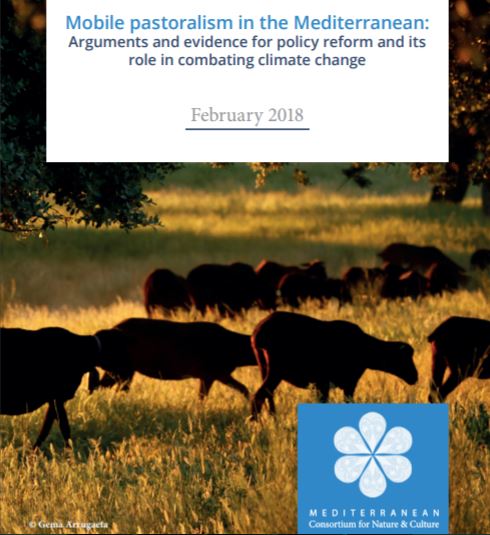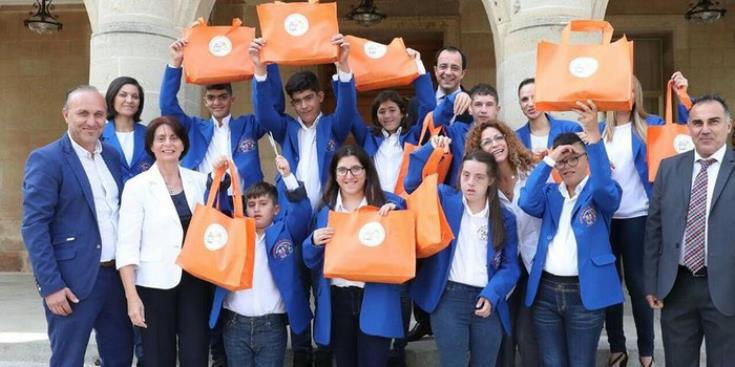The many benefits of mobile pastoralism in the Mediterranean, and the world over, are detailed in a new report from the Mediterranean Consortium for Nature and Culture. This 10,000 year old practice, forgotten or lost in some places, may actually be a retro-innovative system of livestock management critical for the sustainability of our planet.
“Mobile pastoralism is one of the most efficient livestock farming systems. Its role is essential in achieving some of the most sustainable diets, with attention to animal welfare, and is critical for the future of our planet. Not only does it capture soil carbon and produce high quality, healthy food; without it, we would not be able to maintain its associated diverse ecosystems, beautiful landscapes and rich and fascinating cultural heritage” said co-author, Concha Salguero of Trashumancia y Naturaleza, Spanish partner of the MCNC and an organisation that has been successfully contributing to the revival of the long-distance transhumance on foot in Spain for the past 30 years.
However, in spite of the clear benefits it offers, including solutions to some of the modern world’s most pressing problems, mobile pastoralism the world over is often mistakenly perceived as unsustainable. This misunderstanding of the practice has resulted in legislation and policies that undermine it and created hurdles to its sustainability. This, in turn, continues to result in widespread environmental deterioration and the aggravation of misperceptions.
“Harmful policies originate in poor understandings of pastoralist livelihoods and interventions designed externally with little consultation with pastoralists” said co-author Pablo Manzano Baenaiv, independent international expert on pastoralist systems. “This document, well-referenced by updated scientific research, constitutes a good guide for positive policies and wider pastoralist involvement”.
Following years of studies and field-work on mobile pastoralism in the Mediterranean, the Mediterranean Consortium for Nature and Culture’s project coordinator, and director of DiversEarthv, Liza Zogib concluded: “we hope that this report, outlining the many benefits of the practice will go some way to fostering a different way of viewing the practice of pastoralism in the Mediterranean and to securing legislation that is informed and supportive instead of ill-informed and destructive”.
Mobile Pastoralism in the Mediterranean: arguments and evidence for policy reform and its role in combating climate change is available for download here in English, French and Spanish.
Media Contacts: Concha Salguero, Trashumancia y Naturaleza, consalguero@gmail.com, +34 679 40 24 71 | Pablo Manzano Baena, pablo.manzano.baena@gmail.com, +254 711 986 596 | Divya Venkatesh, DiversEarth, divya@diversearth.org, +4176 377 7283 Twitter: @Divers_Earth


